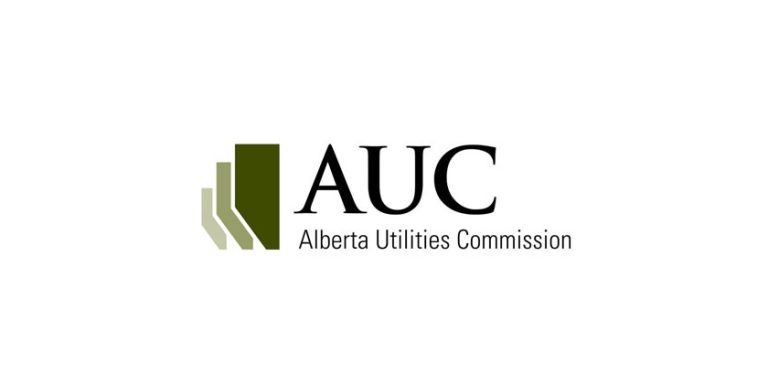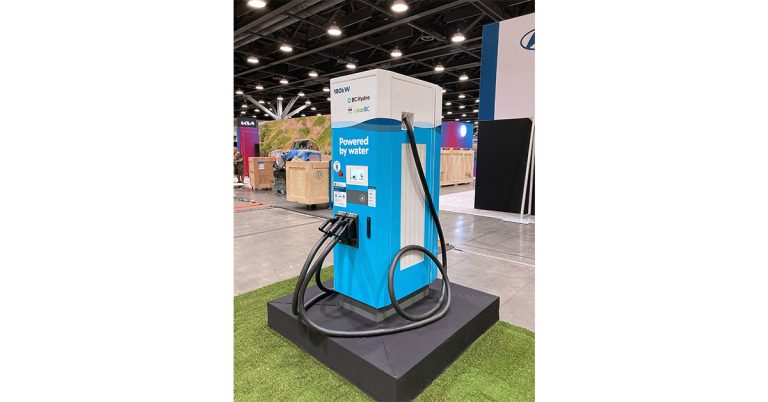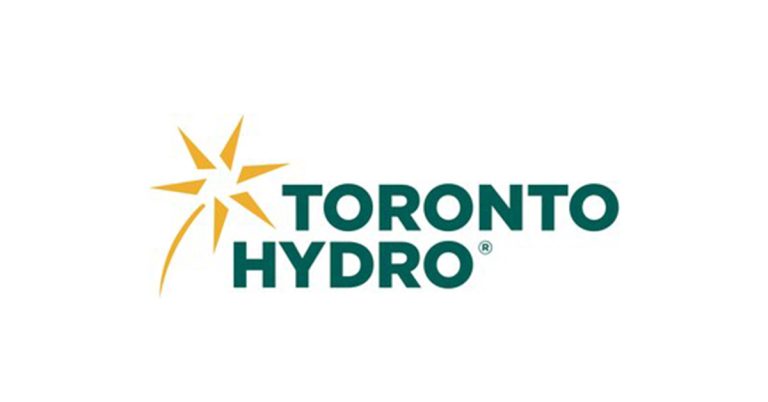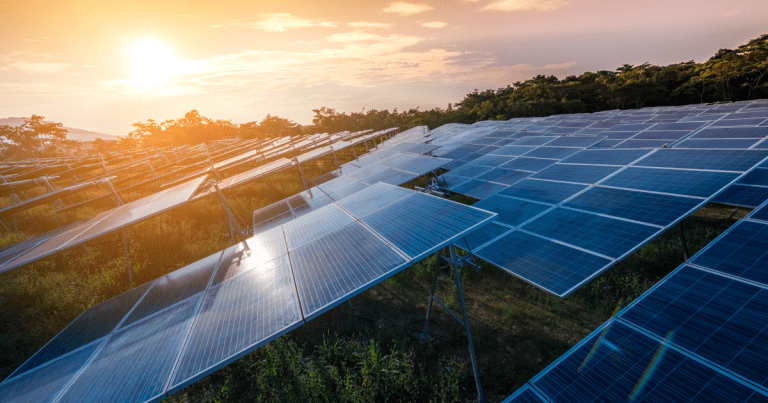Ontario Releases New Report: Ontario’s Affordable Energy Future: The Pressing Case for More Power

October 22, 2024
The Ontario government released Ontario’s Affordable Energy Future: The Pressing Case for More Power, outlining the challenges facing the province as demand for energy continues to rapidly grow, as well as the province’s path to managing this demand. The government also announced it would release the province’s first-ever Integrated Energy Plan with a generational horizon out to 2050, which will ensure the entire energy sector is aligned behind the government’s pro-growth agenda to reduce costs and province-wide emissions.
“Ontario’s energy policy will literally determine the success of our province, today and for the next generation,” said Stephen Lecce, Minister of Energy and Electrification. “Unlike previous governments that pursued siloed and short-term decision making that led to skyrocketing energy rates, our government will introduce the province’s first integrated energy plan that will avoid the consequences of bad planning and ensure we have the affordable energy we need to power new homes, attract investment and create jobs.”
According to Ontario’s Independent Electricity System Operator, the province’s demand for electricity is forecast to increase by 75 per cent by 2050, the equivalent of adding four and a half cities the size of Toronto to the grid. There is also continued demand for other fuels like gasoline and natural gas, that currently play a critical role in powering our vehicles, heating our homes and attracting new jobs in manufacturing, including the automotive industry and agriculture.
“Just like our great grandparents built the first hydroelectric dams at the turn of the century, our grandparents who launched the build out of our nuclear fleet in the 1960’s, it will be our generation and our government that builds for our children and grandchildren,” continued Minister Lecce. “Our competitive all-of-the-above approach will deliver more affordable power to our families – with non-emitting nuclear energy as our anchor – to keep costs and emissions down without a costly and unnecessary carbon tax.”
Ontario’s Affordable Energy Future outlines the challenges and priorities that must be addressed in the government’s first-ever integrated energy plan to ensure the province continues to make new investments, including:
- Integrated Planning for Growth: Ontario’s plan needs to coordinate all energy resources, including electricity, natural gas and other fuels, to ensure that the province’s energy needs are anticipated and met in a coordinated and long-term manner, anchored by the largest expansion of non-emitting nuclear energy on the continent.
- Affordability: Ontario’s plan needs to anchor energy affordability as a main driver in planning decisions by driving savings through competition, unlike previous governments that were driven by ideology.
- Ontario’s Alternative to a Carbon Tax: Ontario’s plan will never include a carbon tax. Instead, Ontario will meet its emission reduction targets with affordable and clean power that supports families and businesses to move away from higher emitting sources of energy.
- Reducing Costs for Families Through Energy Efficiency: Ontario’s plan needs to provide ways to reduce energy consumption in addition to generating more power. The government will act on this priority ahead of an integrated energy plan by launching a significant expansion of energy efficiency programs on January 1, 2025.
- Ontario as an Energy Superpower: Ontario’s plan needs to build on its competitive advantage and export clean energy and technology to the world, where it is in the best interests of Ontarians to drive revenue and jobs to our province.
This integrated plan will outline the total energy required by 2050, the financial investments to deliver on the need through the province’s all-of-the-above approach to energy planning to reduce costs and province-wide emissions. The government intends to introduce legislation that would, if passed, support the implementation of this new energy plan and position the province to support electrification and energy affordability while competing for international investments which are looking for jurisdictions that provide access to clean, reliable electricity.
“Six years ago, the people of Ontario put their trust in us to end the previous government’s failed and ideologically driven energy experiments that burdened hardworking people and businesses with billions of dollars of bad deals,” said Sam Oosterhoff, Associate Minister of Energy Intensive Industries. “We got to work quickly on fixing the hydro mess. As a result, renewed access to clean and affordable energy has put Ontario back on the map for growing industries, but this is only driving demand for even more energy.”
To inform the province’s first integrated energy plan, the government has launched a consultation and engagement process with the public, Indigenous communities and other groups. These engagements will build on electricity generation and transmission announcements already announced as part of the province’s Powering Ontario’s Growth plan, including:
- Ontario’s Largest Competitive Energy Procurement – Advancing competitive procurement for new energy resources to Ontario’s growing energy needs.
- Nuclear Energy – Advancing reliable, affordable and clean nuclear power through pre-development work at Bruce Power, four small modular reactors at Darlington and supporting Ontario Power Generation’s plan for refurbishing the Pickering Nuclear Generation Station.
- New Transmission Infrastructure – Designating and prioritizing transmissions lines in Southwestern, Northeastern and Eastern Ontario that will power job creators including EV and EV battery manufacturing and clean steel production.
- Additional Competitive Procurements – A successful re-contracting of existing resources at about a 30 per cent discount and planning more competitive procurements for non-emitting electricity resources including wind, solar, hydroelectric, and bioenergy.
Quick Facts
- Increasing electricity demand stems primarily from Ontario’s rapid increase in population, new manufacturing facilities, advanced technologies like artificial intelligence (AI) data centres, the electrification of industry, and the charging energy required for electric vehicles.
- The province will need nearly 2,200 MW of electricity for EV supply chain companies by 2050, the equivalent of 2.2 million homes.
- Industrial electricity demand is set to increase by 50 per cent in just the next five years.
- Ontario’s first Integrated Energy Resource Plan will be launched in 2025.








